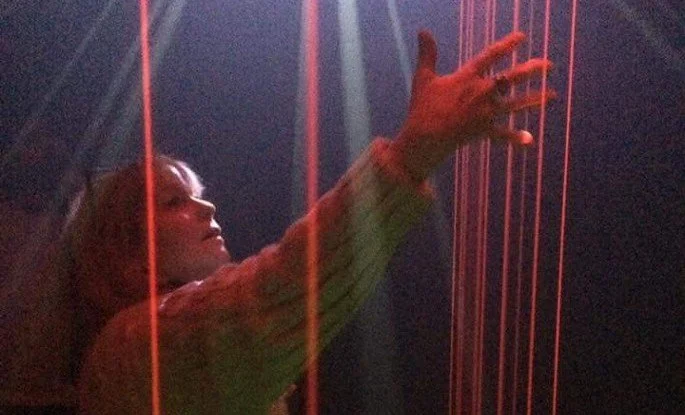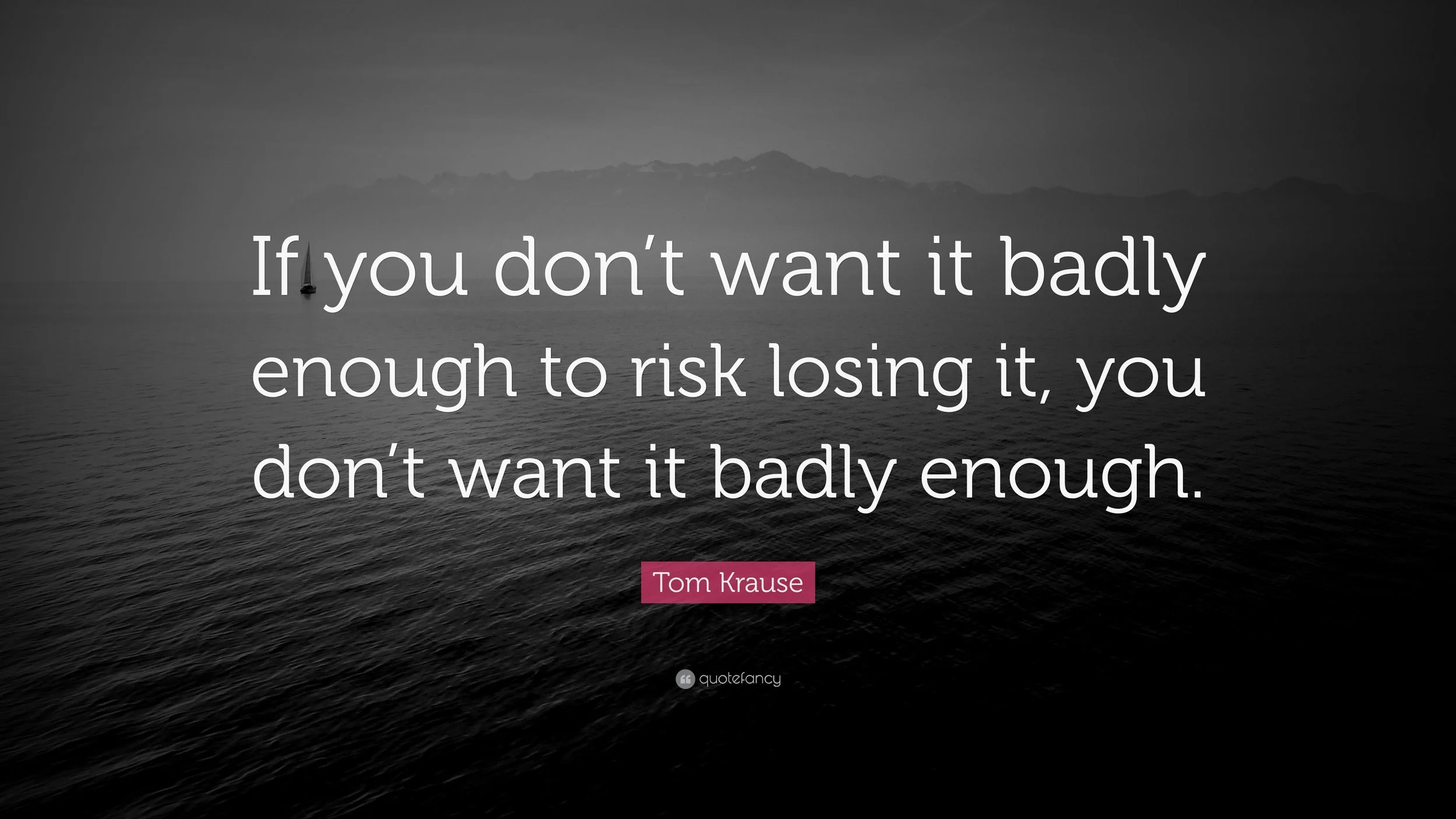Fight to let go
I wonder if, rather than fighting with an orientation to preserve life as we know it, or preserve life as we think it should be, we should struggle TOWARDS death.
Look, I don’t have any answers to the current shit show that is going on here in the States. Most of the time I just want to bury my head in the sand a runaway from it all. But there are people I love here, and things I love doing, so I stay.
I don’t know what the path is toward a better United States. There are those who say our democracy is already long gone and I feel that is probably, in many ways true. And I’m not a patriot. I don’t feel any particular urge to preserve the United States per se.
I sense we are in some kind of deconstruction of the world as we know it (even though I usually hear “deconstruction” used in religious circles) and that’s kind of scary. It’s scary to let go. We don’t know what’s on the other side. It could be worse than the current shit show after all.
But I believe strongly that in order for something new to be created, something has to die.
It’s true in my body, that cells have to be destroyed to keep me alive
It’s true in nature, that in order for one thing to live, another must die.
It’s true in relationships, that for them to remain alive and vital, we have to risk honesty and change – which could bring death.
It’s true in corporations and organization of all kinds, including churches, that if they are not willing to try doing it a whole new way, they will become irrelevant and die.
It’s true in social structures and countries. No matter how scary it is, we have to let things die.
And death is not some peaceful slipping into the next thing. At least not usually.
It can be bloody, and painful. It can be a gasping for breath, it can be starving, it can be fighting against violence. It is usually a struggle.
And to me, it seems that’s what we are all experiencing, a painful struggle to hold on to the last shreds of life as we know it.
As biological creatures we fight for survival. We are seeing that fight. Verbal fighting and any amount of terrible things being said to each other. Physical fighting, gun violence, shootings, storming the US Capital, riots. Intellectual fighting and endless social media posts trying to convince the other guy why our way is the right way.
This ideology shoots Charlie Kirk, that ideology kills Palestinians, another ideology shoots LGBTQ+ folks. There’s no end to who violence is enacted upon. Immigrants, children, the innocent, the guilty. Bombs and wars all in the name of the survival of someone’s ideology.
I’m not saying that all ideologies are equal or deserving of preservation (or destruction for that matter). I’m not saying we should just sit on our thumbs while the powers that be do whatever they please to oppress the masses, but I wonder if, rather than fighting with an orientation to preserve life as we know it, or preserve life as we think it should be, we should struggle TOWARDS death. Fight to let go so to speak.
I don’t have any answers as to how that might look or what we might do to enact such a fight, but I think about it.










